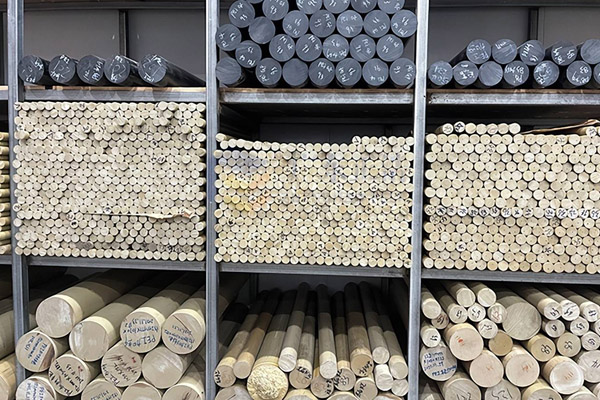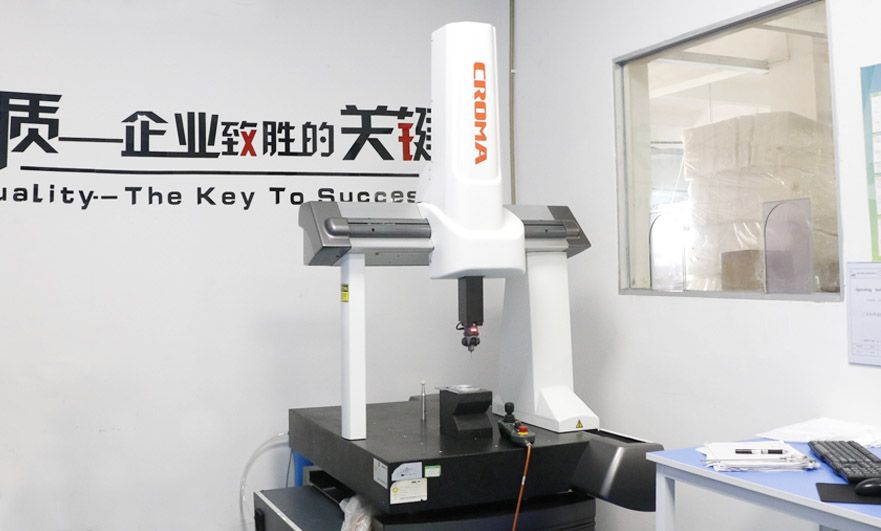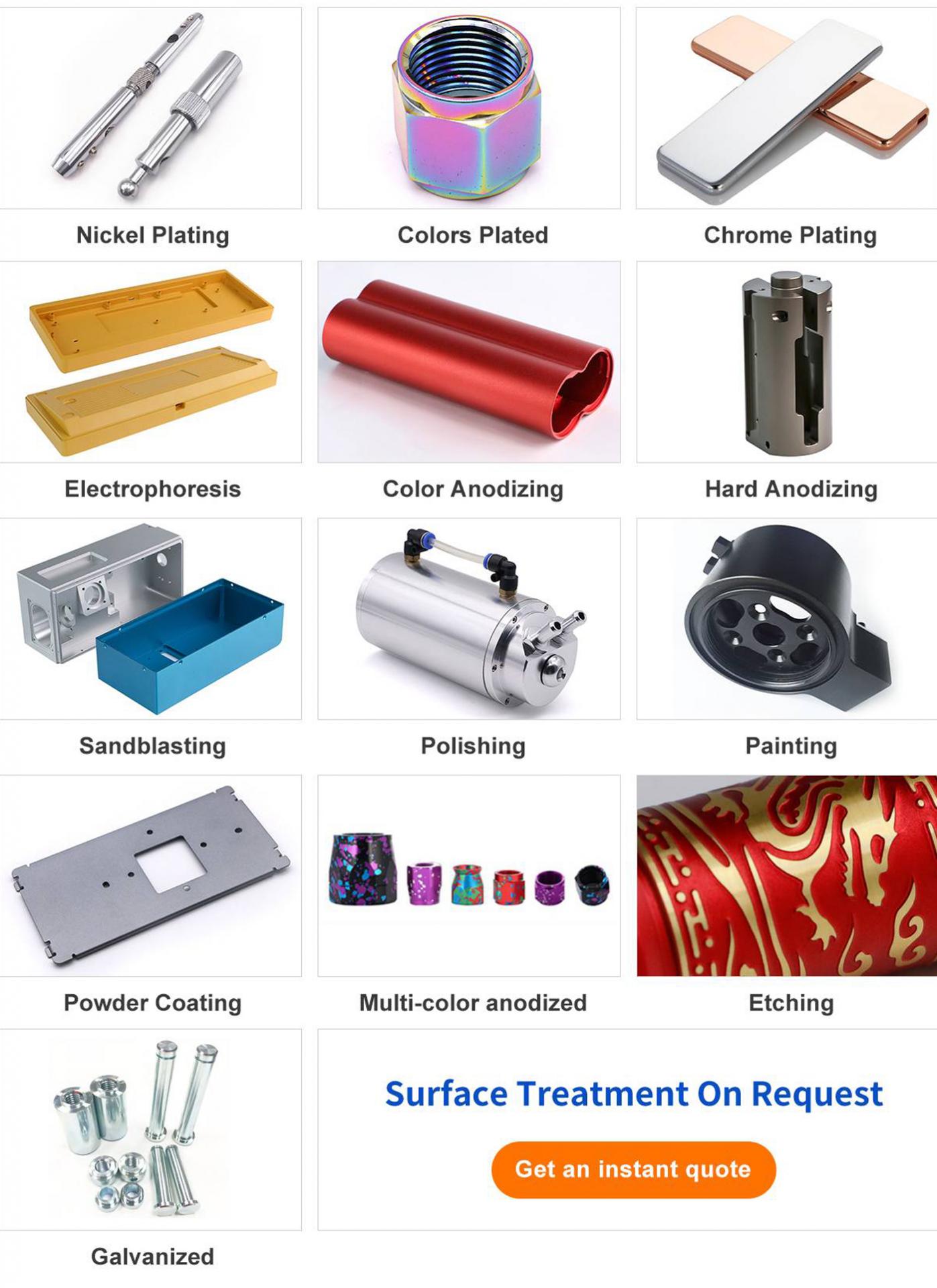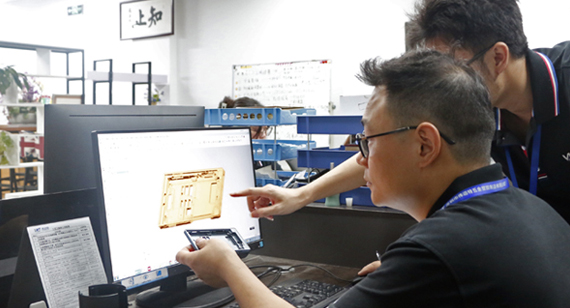15 years one-stop China custom CNC machining parts factory

Hey there I’m VMT Sam!
With 25 years of CNC machining experience we are committed to helping clients overcome 10000 complex part-processing challenges all to contribute to a better life through intelligent manufacturing. Contact us now
 112 |
Published by VMT at Oct 04 2023
112 |
Published by VMT at Oct 04 2023
Plastic CNC machined parts have found wide-ranging applications in modern products, particularly in industries such as automotive, electronics, medical and household goods. To meet various complex design and performance demands, the correct structural design of plastic parts becomes crucial. This article will delve into the process requirements for the structural design of plastic parts. It primarily encompasses the following aspects:
When choosing plastic materials, factors such as the part's usage scenario, performance requirements (e.g., strength, corrosion resistance, fatigue resistance), and economic costs need consideration. In many applications, high-performance plastics like polycarbonate, nylon, and PET are viable options. For parts subjected to high loads, engineering plastics with high strength should be chosen, while those requiring corrosion resistance should use materials with excellent corrosion resistance properties.

Mechanical Properties
Mechanical properties are critical metrics for evaluating the structural design of plastic CNC machined parts, including tensile strength, compressive strength, shear strength, and elastic modulus. A well-designed structure for plastic CNC machined parts can optimize their mechanical performance. For instance, parts subjected to tensile forces should be designed with adequate thickness and rigidity to prevent deformation or damage under stress.
Dimensional Accuracy
The dimensional accuracy of plastic CNC machined parts plays a significant role in their lifespan and external quality. Typically, through proper measurement and design techniques, you can ensure that the dimensional accuracy of plastic CNC machined parts meets requirements. However, during part design, you also need to consider the precision limitations of mold manufacturing to avoid excessively high precision requirements that may complicate mold production.

Surface Quality
The surface quality of plastic CNC machined parts directly impacts their performance and lifespan. You can ensure that the surface quality of plastic parts meets requirements through reasonable processes such as polishing, buffing, and cleaning. Additionally, during CNC part design, avoid creating sharp corners and edges to prevent potential injuries or damage during use.

Structural Design
Structural design is the core aspect of the process requirements for plastic CNC machined parts. It involves designing the most rational structural form while ensuring strength and toughness. Additionally, you must ensure that the dimensions and shapes of various parts meet requirements. For connectors or support components, they should be designed with sufficient stiffness and strength to withstand external loads. Simultaneously, compact structural design should be considered to avoid excessive challenges in mold manufacturing.

Mold Manufacturing
Mold manufacturing is a critical stage in the formation of plastic CNC machined parts. You can ensure the quality of mold manufacturing meets requirements by choosing suitable mold materials (e.g., steel, aluminum alloy), controlling mold temperatures (e.g., heating and cooling systems), and adjusting pressure, among other methods. Additionally, in mold design, consider the economic aspects to avoid excessively high mold costs, which may increase overall product expenses.
Forming Process
The forming process is the final step in the manufacture of plastic CNC machined parts. You can ensure that plastic parts meet requirements by controlling parameters such as forming time (e.g., injection time, holding time), rotational speed, and pressure. During forming, pay attention to the venting performance of the mold to prevent gas from remaining in the plastic parts, forming bubbles, or affecting external quality.
In summary, the structural design of plastic CNC machined parts requires consideration of various process requirements. Correct structural design not only enhances the performance and lifespan of plastic CNC machined parts but also reduces production costs and improves production efficiency. A comprehensive understanding of process requirements such as material selection, mechanical properties, dimensional accuracy, surface quality, structural design, mold manufacturing, and forming processes can assist designers in better structurally designing plastic CNC machined parts and producing high-quality, high-performance plastic parts.
Ready To Start Your Next Project?
Get Instant Quote

Request a Free Quote
Send us a message if you have any questions or request a quote. We will get back to you ASAP!